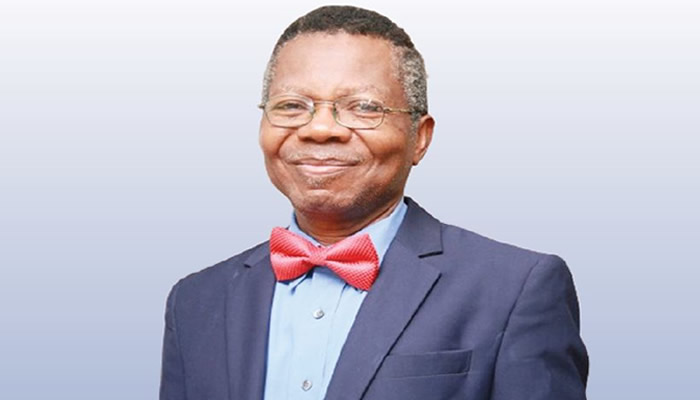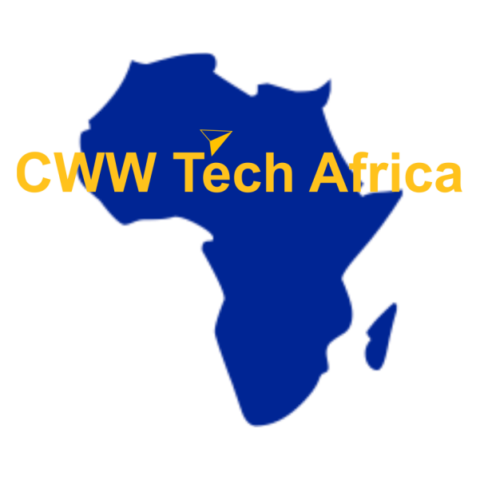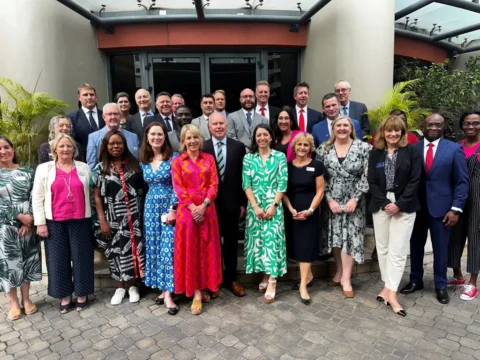Professor Chimdi Maduagwu, a respected language professor at the University of Lagos (UNILAG), recently shared his views on Nigeria’s education system. He pointed out a significant problem where Nigerian teachers often act in authoritative roles and expect strict obedience from students, describing this behavior as teachers acting like “gods.” He noted that this approach often leads to conflicts, as students, who are becoming more independent and tech-savvy, prefer more collaborative and interactive learning experiences.
In a recent interview, Professor Maduagwu praised the hard work and dedication of Nigerian students. However, he highlighted a key difference between the educational systems in Nigeria and the United States. American students enjoy personalized educational programs, while Nigerian students often face strict academic structures that do not address their individual needs.
The professor pointed out a big gap between “old-school” teachers and tech-savvy students, which often causes communication issues in class. He highlighted the need to modernize teaching techniques to match students’ digital skills. He also emphasized creating a classroom atmosphere where teachers and students can talk openly and positively.
Professor Maduagwu urged for a change in culture to promote mutual respect between teachers and students. He believed this shift would not only make learning better but also lessen disagreements and improve education results. He stressed the importance of educational changes that focus on flexible teaching methods to meet the varied needs of today’s students.
In conclusion, Professor Maduagwu emphasized the need to tackle these fundamental challenges to improve Nigeria’s education system. He stressed the importance of fostering an inclusive and supportive learning environment that empowers students to achieve their maximum potential.





